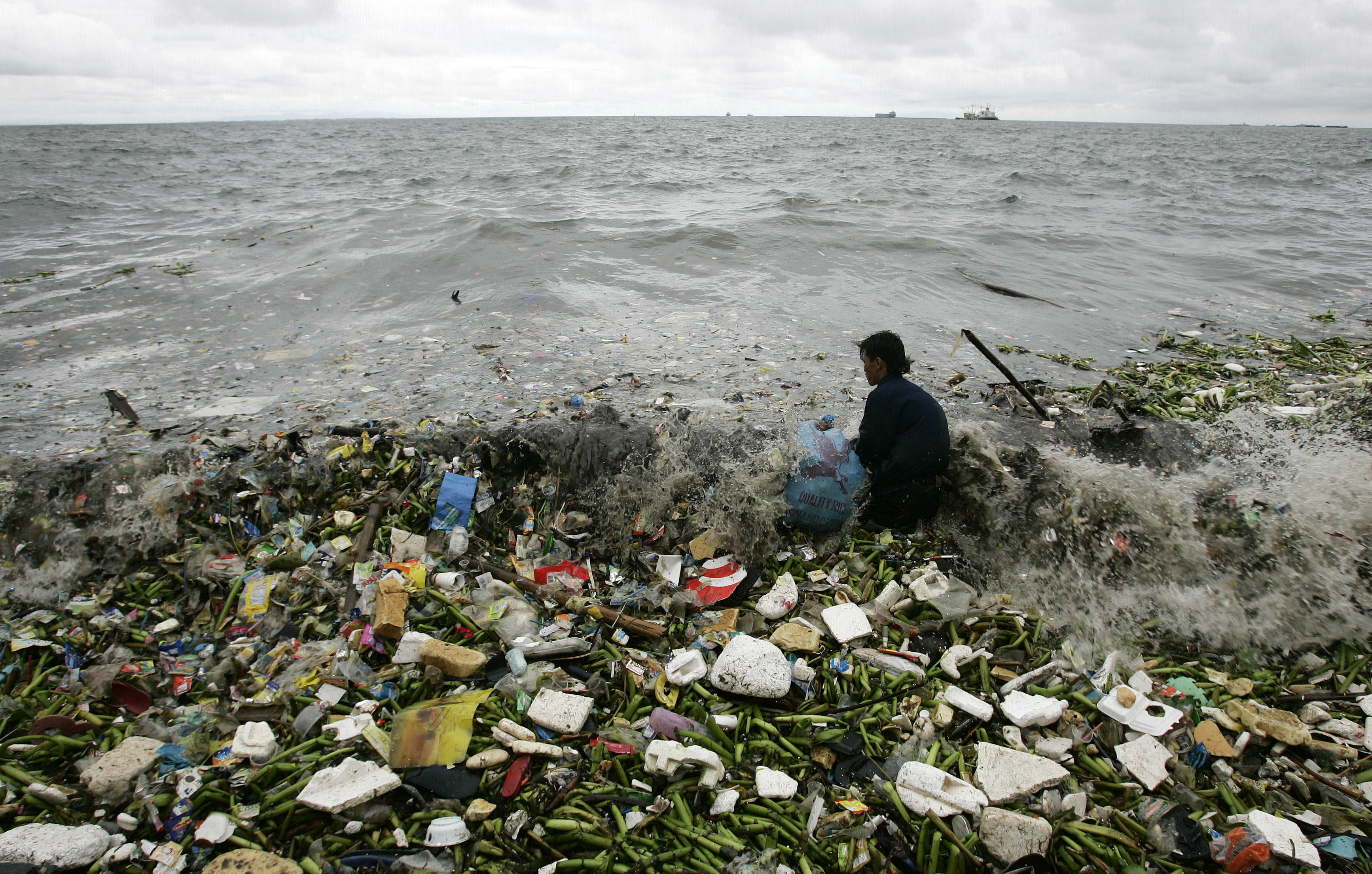
You've heard about it, but do you understand? Everything you need to know about machine learning
Learning to learn
Dr. Mark Esposito serves as Faculty Affiliate at the Harvard's Center for International Development at Harvard Kennedy School. He holds professorships of economics and public policy with appointments at Hult Int’l Business School as well as Harvard University. He is equally an Adjunct Professor of Economics and Policy at Georgetown University’s McDonough School of Business. Besides, he
At Harvard, he serves as social scientist with affiliations Harvard University’s Institute for Quantitative Social Science (IQSS) and the Davis Center for Eurasian Studies. He is an incoming faculty affiliate of the Berkman Klein Center for Internet and Society at Harvard.
He has been affiliate faculty of the Microeconomics of Competitiveness at Harvard Business School, under the mentorship of Prof. Michael E. Porter for over a decade and he served as Founding Fellow of the Circular Economy Research Center at the Judge Business School, at the University of Cambridge, where he retains a Senior Associate role.
He advises governments in the GCC and Eurasia regions and is a global expert of the World Economic Forum and has been working as a Resident Fellow as well as Professor of public policy at Mohammed Bin Rashid School of Government. He is currently the Chair of the Governance Group and Senior Fellow at the DC thinktank, The Digital Economist.
He co-founded the Machine Learning research firm, Nexus FrontierTech and the EdTech venture, The Circular Economy Alliance. He has equally co-founded The Chart ThinkTank and The AI Native Foundation.
Dr. Mark Esposito has trained, consulted and advised hundreds of public and private sector entities. A frequent keynote speaker in events from TED, World Economic Forum and the Global Drucker Forum he works on thought leadership with consultants such as McKinsey, Accenture, PwC, Deloitte, AlphaInsights and Cap Gemini. On strategy with corporates such as SAP, Toyota, Salesforce, Majid Al Futtaim, Haier, Huawei, Philips, Saudi Telecom, Ooredoo Telecom Italia, Enel, Santander, Airbus, Barilla, Lavazza, Chanel, MerckSerono, Philip Morris. He has worked and advised the United Nations, The National Bank of Malaysia, The European Development Bank, the European Parliament, the UAE Prime Minister Office, The Dubai Future Foundation, The Omani Ministry of Planning, ADAL in Saudi Arabia, Qatar Foundation, the Kuwait Foundation for the Advancement of Science, the Tony Blair Institute, NATO, The European Commission and the Economic Advisory Council of India’s Prime Minister Office.
Dr. Esposito has written or co-written over 150 publications, both peer-reviewed and non-peer-reviewed, and 13 books, two of which are Amazon bestsellers: "Understanding how the Future Unfolds" (2017) and "The AI Republic" (2019). His most recent books include "The Emerging Economies under the Dome of the Fourth Industrial Revolution" (Cambridge University Press, 2022), "The Great Remobilization: Strategies and Designs for a Global Smarter World" (MIT University Press, 2023), and "Digitizing the Emerging Economies" (Cambridge University Press, 2024). His forthcoming books are "Tectonic Shifts: How Technology is Remaking Global Power Dynamics" (Penguin Random House, 2025) and "Becoming AI Native: A Playbook for Businesses" (Routledge, end of 2025). He is a regular contributor to Project Syndicate, World Economic Forum Blog, California Management Review, and Harvard Business Review.
He has a doctorate from Ecole des Ponts Paris Tech and he lives across Boston, Geneva and Dubai.
Learning to learn
随着2016年美国总统大选的结束以及“后真相时代”的兴起,是时候围绕教育领域创新开展一番讨论了。 教育领域面临的最大挑战是什么,又有哪些解决方案正在路上? 谁来负责重塑有缺陷的教育制度? 虽然教育制度的相关问题来自多个维度,但有件事情我们是能够确信的:要想改变社会,就得从教育后代开始做起,而这正是现在所发生的事情。 如果你环视整个教育行业,显然许多组织已经建立起了全新且...
In the wake of the US presidential election and the rise of the post-truth information era, it seems timely to open a discussion around innovation in the education sphere. What are the bi...
Now is the time to look at the circular economy on the micro-level. Much as fast expanding markets require us to look at the economy at the granular level, circular economy principles req...
The luxury automotive industry is a mature industry that has traditionally focused on high quality design and manufacturing, as well as prestige marketing. Its above-average Cost of Sales...
Our research on megatrends has shown that more and more people are living in cities. For instance, roughly half of China’s population lives in cities and the government plans to push that...
Entrepreneurship is vital to growing markets. And across most of Europe, entrepreneurship is lacking because of poor macro economic conditions, which push investment away from the Old Con...
At the time of the 1929 collapse, we could not necessarily talk about a global economy in the modern sense of the term, but we could definitely talk about the first global crisis, of a ki...
The BRICS club (Brazil, Russia, India, China and South Africa), which used to be known for its tremendous growth potential, is today in the midst of severe economic and political woes. Ap...
Fast expanding markets (FEM) are rapidly growing economic opportunities that fly under the radar of macroeconomic analysis. We regard them as an exciting phenomenon because they are new m...
The world’s economies apparently change at random, reacting unforeseeably. However, certain large-scale processes can be understood and predicted as inter-related, evolving mechanisms dri...
“After the financial and economic crisis, we live in a world in which people have no choice but to start (belatedly) exercising financial discipline. Such discipline has taken many forms,...
If the mass media is to be believed, Africa is hardly a continent brimming with opportunities for business. But for some time international business commentators have been positioning the...













